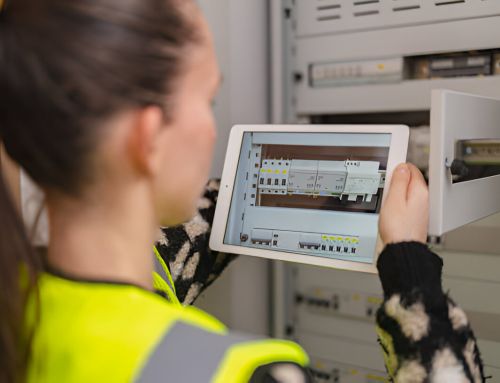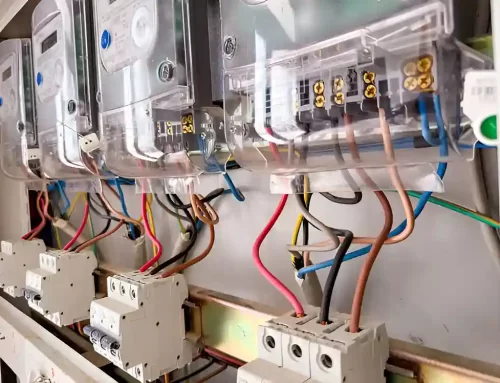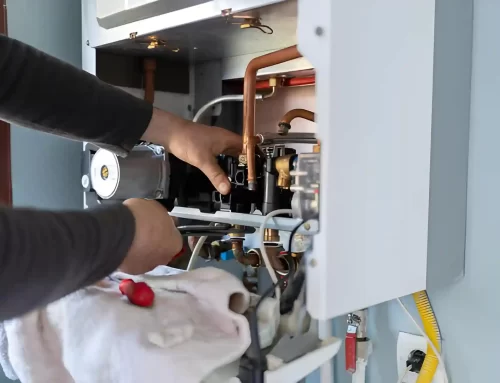
The importance of an Electrical Installation Condition Report (EICR) is essential for property owners and businesses. These reports guarantee electrical safety and compliance with legal standards. In many situations, EICR required by law to ensure properties are safe and up to code. The specific needs can differ widely depending on the property type and purpose. Recognising when an EICR is needed and the consequences of ignoring it is essential. This guide will cover these key aspects.
Key Takeaways
- Rental properties must obtain an EICR every five years to ensure tenant safety and stay compliant with the law.
- Homeowners, particularly in older homes, should consider getting an EICR to safeguard their family and property.
- Businesses are legally obligated to obtain an EICR to ensure the safety of employees and customers, in compliance with health standards.
- Any significant electrical incidents, like fires or flooding, require an immediate EICR reevaluation, regardless of when the last inspection occurred.
- Engaging certified electrical safety providers ensures comprehensive inspections and adherence to current regulations across all property types.
EICR Explained: Why Electrical Safety Reports Matter
An Electrical Installation Condition Report (EICR) provides a significant assessment of a property’s electrical systems. This comprehensive document examines the safety, functionality, and general condition of electrical installations, verifying their compliance with current regulations and standards.
An EICR detects potential hazards like faulty wiring or outdated components that could endanger occupants and property. In many cases, especially in rental or commercial settings, having an EICR required ensures legal compliance and protects those who use the premises.
The importance of an EICR goes beyond meeting regulatory requirements; it enhances safety and offers peace of mind for both property owners and tenants. Regular inspections can help prevent electrical failures and reduce fire risks, ensuring a safer living or working environment.
Additionally, an EICR can increase property value, as prospective buyers or tenants often prefer spaces with verified electrical safety.
When does the Law require an EICR?
An Electrical Installation Condition Report (EICR) is legally mandated in various situations. Landlords need to obtain a valid EICR for their rental properties every five years to confirm electrical safety. Furthermore, any changes to the electrical system or significant repairs require an EICR to verify compliance with safety standards.
Businesses, especially those operating in commercial properties, must also comply with specific regulations, often requiring an EICR to ensure the safety of employees and customers.

Furthermore, local authorities may impose additional requirements based on the type of property and its use. Property owners should stay informed about their legal obligations regarding EICRs to avoid penalties and ensure the safety of their tenants and employees.
Who Needs an EICR? (Landlords, Homeowners, Businesses)
Property owners, such as landlords, homeowners, and businesses, each have specific responsibilities regarding electrical safety. An Electrical Installation Condition Report (EICR) is essential for confirming that electrical systems are safe to operate.
Landlords must legally acquire an EICR for rental properties to guarantee tenant safety and comply with current regulations. Homeowners, although not legally required, should consider an EICR to protect their family and property, especially in older homes or after significant renovations.
Businesses, including those operating in commercial properties, are also expected to have an EICR to meet health and safety standards and safeguard both employees and customers.
Regular inspections are key to identifying risks early and minimising the chances of electrical faults or accidents.
Ultimately, securing an EICR is a proactive step that enhances safety and helps maintain the reliability of electrical systems in any property.
How frequently should different property types have an EICR?
For residential properties, inspections are typically recommended every five years. However, if the property is rented out, a new inspection must be conducted with each change of tenant.
Commercial properties typically need an EICR every five years, although this interval can vary based on specific usage and risk factors. For instance, higher-risk settings, such as factories or warehouses, may need more frequent inspections, sometimes yearly.
Furthermore, properties that experience significant changes in electrical consumption should be re-assessed promptly. Landlords and businesses should consult with qualified electricians to set the most suitable schedule based on their specific circumstances.
Regular inspections ensure compliance and improve the safety and performance of electrical systems, thereby safeguarding both occupants and the property.
Legal Requirements: Is an EICR necessary when selling or renting out a property?
The legal requirements surrounding EICRs can vary depending on specific circumstances and jurisdiction. In England, landlords are legally required to carry out an EICR to confirm the safety of electrical installations in their rental properties. This typically involves obtaining an EICR, which confirms electrical safety and adherence to regulations.
Although there is no legal requirement for property sellers to obtain an EICR, having one can boost the property’s appeal and demonstrate a commitment to safety. Buyers might also request this report during their due diligence.
Therefore, while not required for selling, obtaining an EICR is recommended to ensure a smoother transaction and build trust with potential tenants or buyers. Knowing these legal details can help property owners make informed decisions about electrical safety compliance.
Is an EICR Required After Electrical Work or Renovation?
After finishing electrical work or renovations, many property owners wonder if getting an Electrical Installation Condition Report (EICR) is necessary. Although not always legally EICR required, it is strongly recommended to have one carried out after significant electrical changes.
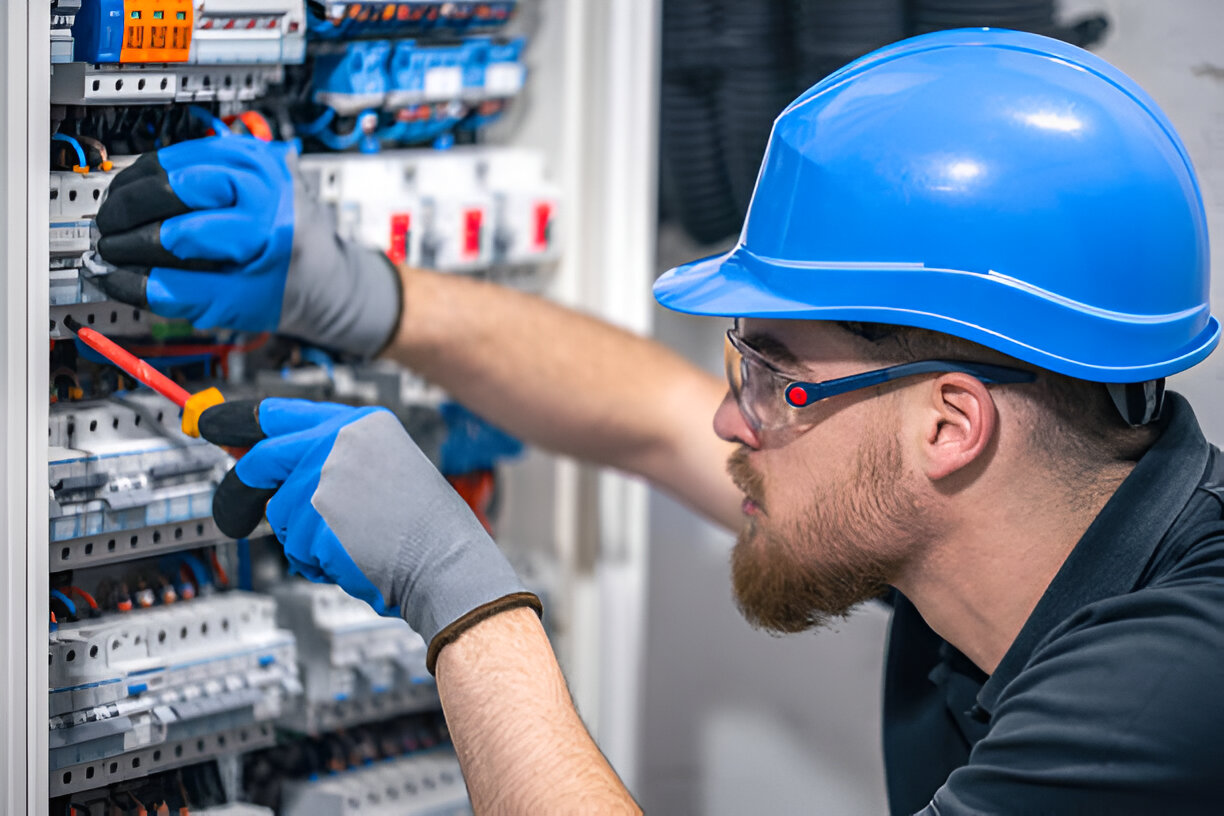
An EICR can detect insecure situations from modifications, such as faulty wiring or improper installations. By obtaining this report, property owners can confirm the safety of their electrical systems, which is integral for safeguarding both occupants and property.
Furthermore, obtaining an EICR offers peace of mind, particularly if the property will be rented or sold later. While it may not be legally mandated after renovations, an EICR remains a valuable tool for maintaining safety and protecting your investment.
Is an EICR Necessary for Commercial Properties in the UK?
When determining whether a commercial property in the UK needs an Electrical Installation Condition Report (EICR), property owners should consider several factors. Legally, all commercial premises must adhere to the Electricity at Work Regulations 1989, which require electrical systems to be safe. Although not every property automatically requires an EICR, it is highly recommended, particularly for buildings with complex or aging electrical systems. An EICR offers a thorough safety evaluation and helps identify potential risks early, enabling owners to address issues proactively. Many insurance providers also mandate an EICR before settling claims or continuing coverage. Regular inspections, usually every five years, enhance safety and ensure compliance with legal standards. Ultimately, whether to carry out an EICR depends on the property’s specifics and the owner’s dedication to safety and compliance.
How Much Does It Cost When an EICR Is Required?
How much can property owners expect to pay for an Electrical Installation Condition Report (EICR) when it is needed? The cost of an EICR can vary greatly depending on factors such as the property’s size, location, and the complexity of the electrical systems.
Typically, property owners may find prices ranging from £100 to £300 for a standard residential EICR, while commercial properties often cost more due to the greater scope of work involved.
Key factors influencing EICR pricing include:
- Property Size: Larger properties generally need more comprehensive testing.
- Location: Costs may vary depending on local market rates and the availability of qualified electricians.
- Condition: Older or poorly maintained systems may necessitate additional inspections, increasing overall costs.
Understanding these variables can help property owners budget effectively for their EICR requirements.
Common Reasons an EICR Is Required Earlier Than Expected
While regular intervals are recommended for Electrical Installation Condition Reports (EICRs), certain situations might make an EICR required sooner than expected. A common reason is significant modifications or additions to the electrical system, which can impact both safety and compliance.
Furthermore, if a property experiences water damage or flooding, it can jeopardize the safety of the electrical system, necessitating an EICR right away. Frequent changes in occupancy, especially in commercial settings, can also prompt early inspections to ensure the safety of new tenants.
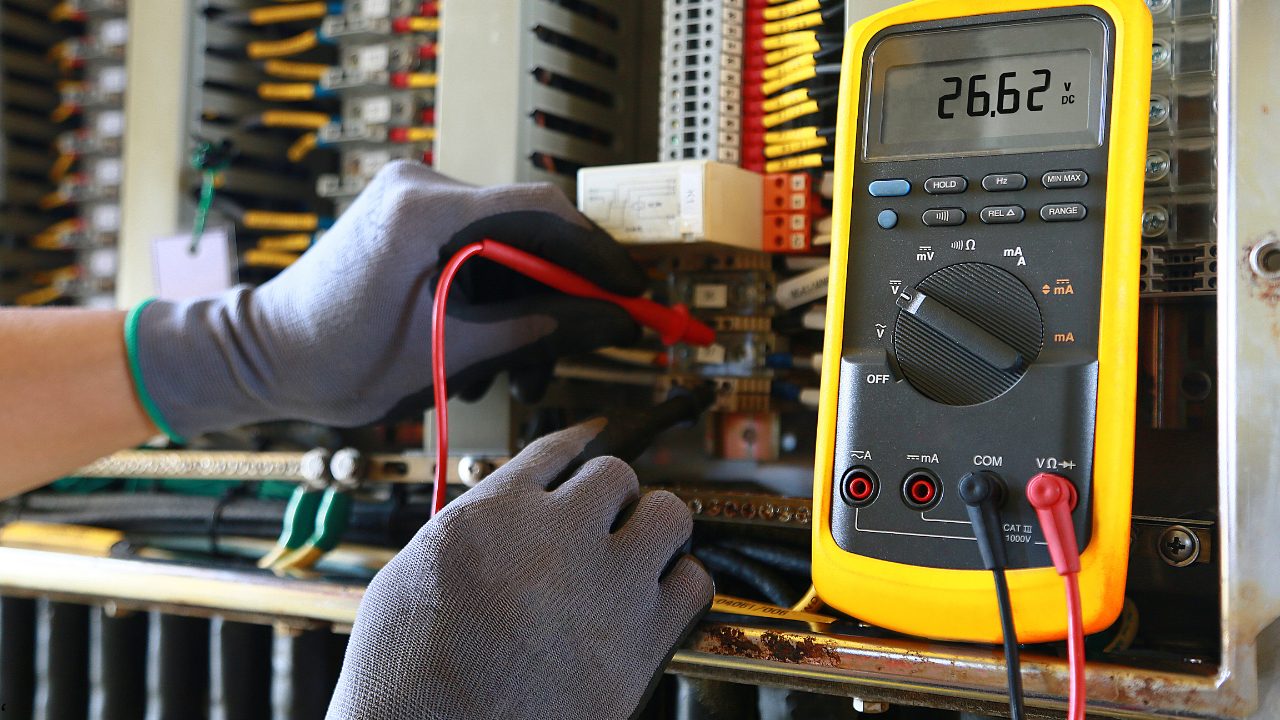
Older infrastructure might lead to earlier checks, particularly if the property hasn’t been assessed in years. Finally, any incidents such as electrical fires or shocks should raise immediate concern, as they signal a dangerous situation that demands urgent attention. Recognising these situations helps property owners maintain safe electrical systems and stay compliant with legal standards.
EICR Required? Why You Should Choose a Certified Electrical Safety Provider
Choosing a certified professional ensures that the Electrical Installation Condition Report (EICR) is performed thoroughly and accurately. Certified providers have the necessary training and experience to identify potential hazards, protecting the safety of occupants and ensuring compliance with legal requirements.
- Expertise: Certified professionals understand the latest regulations and safety standards, providing reliable assessments.
- Comprehensive Reporting: They deliver detailed reports that outline the condition of electrical installations, making it easier for property owners to address issues.
- Peace of Mind: Hiring a certified provider reduces risks, ensuring that properties are safe and secure for tenants and visitors.
Landlord certification London provides the most reliable service with affordable pricing.
Frequently Asked Questions
Can I Perform an EICR Myself, or Do I Need a Professional?
The individual wondered if they could perform an Electrical Installation Condition Report (EICR) themselves. Usually, it is best to hire a qualified expert to ensure safety, compliance, and an accurate assessment of electrical systems.
What Qualifications Should I Look for in an EICR Provider?
When choosing an EICR provider, individuals should look for qualifications like City and Guilds certification, membership in reputable electrical organizations, and relevant experience. These credentials ensure the provider has the necessary skills and knowledge for accurate assessments.
How Long Does an EICR Inspection Typically Take?
An EICR inspection usually lasts between one and four hours, depending on the property’s size and complexity. Factors such as accessibility and the number of circuits can affect the overall length of the inspection.
What Happens if My Property Fails the EICR?
Suppose a property does not pass the Electrical Installation Condition Report (EICR). In that case, it must undergo necessary remedial actions to ensure safety. Neglecting these requirements may lead to legal issues and increased risks for occupants.
Does an EICR have an expiration date after it’s issued?
An EICR, once issued, generally remains valid for five years, although certain situations may require more frequent inspections. Property owners should stay proactive in maintaining electrical safety beyond the usual period.
Conclusion
In summary, understanding the importance of an EICR is essential for property owners and businesses. Legal requirements and safety standards highlight when an EICR is required to ensure electrical systems remain compliant and safe. By following EICR guidelines, landlords, homeowners, and businesses can protect themselves from potential legal issues while also improving the safety of their properties. Choosing a certified electrical safety provider when an EICR is required further guarantees expertise and reliability in maintaining electrical safety.
About the Author: LandlordCertificate
Related Posts
Get Social
Recent Posts
- Asbestos Management Survey London: Update Your Property Records
- Gas Safety Certificate London: Why Regular Checks Save Money Long-Term
- FRA London Explained: How a Professional Fire Risk Assessment Keeps You Compliant and Safe
- When a New Tenancy Requires Your EICR Certificate London Renewal
- Fire Safety Certificate London: Integrating Fire Alarms and Emergency Lighting


